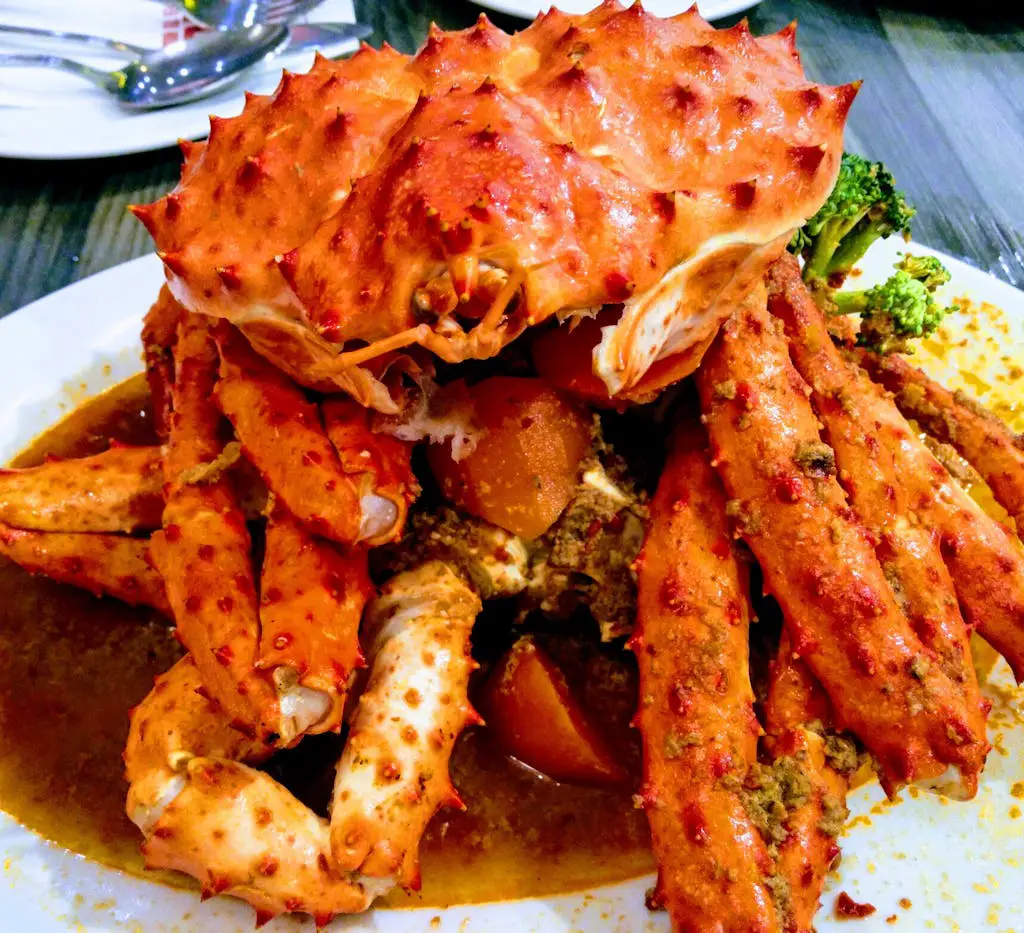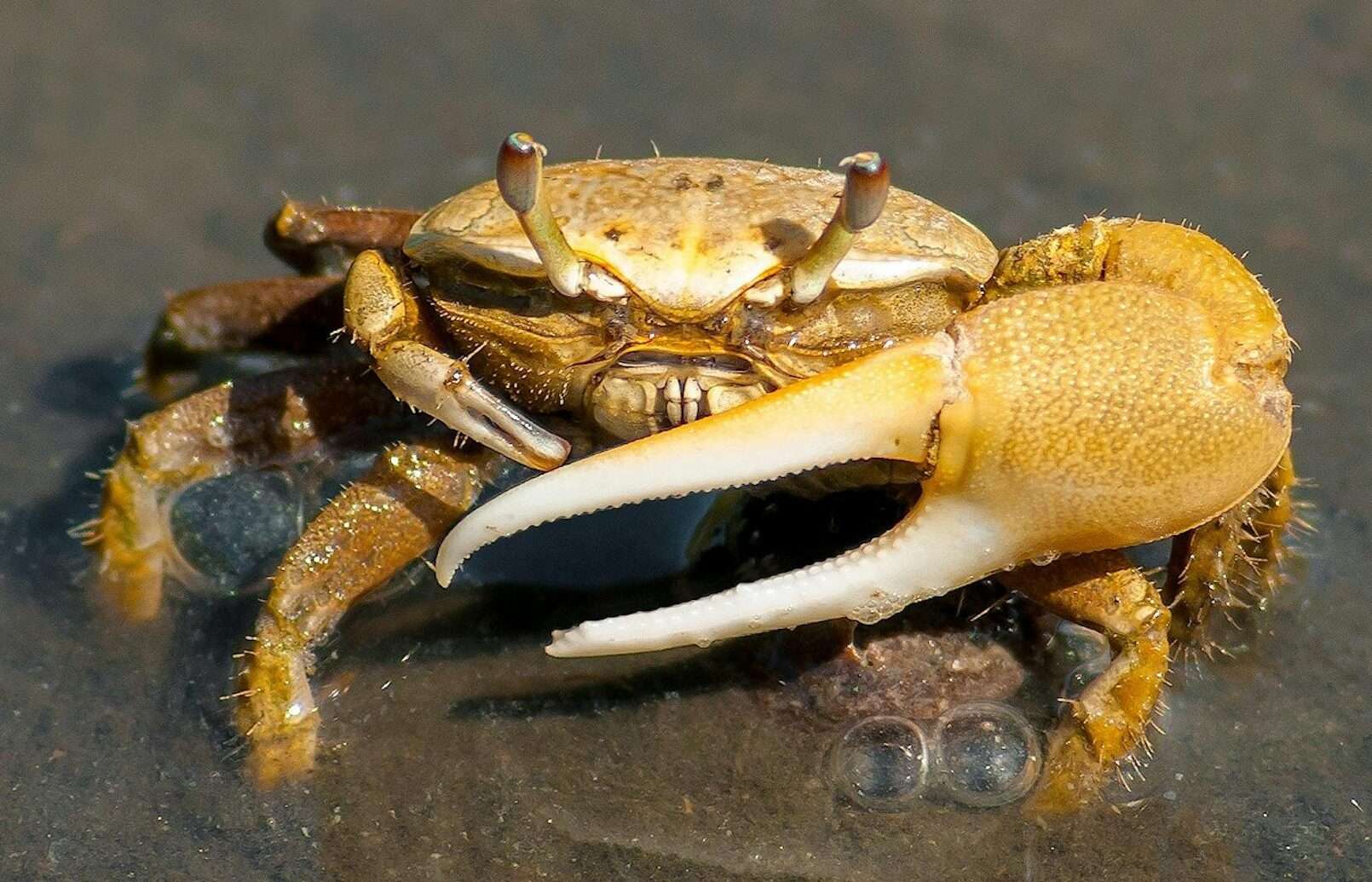Is Crab Halal or Haram in Islam?
When it comes to dietary guidelines in Islam, the distinction between what is Halal (permissible) and Haram (forbidden) is crucial for Muslims. Seafood, including crabs, is a common topic of debate among scholars and followers.
This article delves into whether crabs are considered Halal or Haram in Islam, examining various scholarly opinions, Quranic verses, Hadiths, and health considerations. So, Is Crab Halal?
ANSWER: CRAB IS PARTIALLY HALAL.
Scholarly Opinions on Eating Crabs
Islamic scholars have varying opinions on whether crabs are Halal or Haram. The differences mainly arise due to the distinct interpretations of Islamic texts and the classification of crabs as sea creatures.
Hanafi School of Thought:
Scholars from the Hanafi school generally consider crabs Haram because they are not classified as fish. According to their interpretation, only fish and certain other seafood are Halal.
Shafi’i, Maliki, and Hanbali Schools of Thought:
These schools are more lenient and consider crabs Halal. They argue that all sea creatures are permissible, citing the Quranic verse that allows the consumption of food from the sea.
Quranic Verses and Hadiths on Sea Creatures
The Quran and Hadiths together provide a comprehensive view on the permissibility of consuming sea creatures in Islam.
Relevant Quranic Verses:
“Lawful to you is the game of the sea and its food as provision for you and the travelers.” Surah Al-Ma’idah (5:96)
“It is He who has made the sea subservient so that you can eat from it tender meat and extract ornaments that you wear.” (Quran 16:14).
These verses are often interpreted to mean that all sea creatures, including crabs, are permissible (Halal) to eat.
Relevant Hadiths:
A group of the Companions of the Prophet (peace be upon him) asked about eating crabs. The Prophet (PBUH) said,
“Eat them and mention the Name of Allah when you start to eat them.’”
This Hadith collectively support the interpretation that crabs and other sea creatures are generally considered Halal in Islam.
Are Crabs Halal to Eat?
The permissibility of eating crabs largely depends on the interpretation of Islamic jurisprudence.
- Halal According to Most Scholars: The majority of Islamic scholars from the Shafi’i, Maliki, and Hanbali schools agree that crabs are Halal. They argue that crabs fall under the general category of sea creatures, which are permissible according to the Quran and Hadiths.
- Hanafi School’s Perspective: The Hanafi school, however, takes a more restrictive view, considering crabs Haram since they do not meet the specific criteria they apply to seafood.
Preparation and Consumption of Crabs

For crabs to be considered Halal, the methods of preparation and consumption must also adhere to Islamic guidelines.
- Halal Preparation Methods: Ensure that crabs are prepared in a clean environment without cross-contamination from Haram substances. If the crabs are boiled or steamed, they should be in clean water, and any seasonings or additives must be Halal.
- Avoiding Cross-Contamination: Care must be taken to avoid using utensils or cooking methods that have been in contact with Haram foods, as this could render the crabs Haram.
Health Benefits and Risks of Eating Crabs
Crabs offer several health benefits, but there are also risks that should be considered.
Health Benefits:

Crabs are rich in protein, omega-3 fatty acids, and essential minerals like zinc and vitamin B12. These nutrients are beneficial for heart health, brain function, and overall well-being.
Health Risks:
Crabs can also carry health risks, particularly if they are not cooked properly. They may contain toxins or allergens that can cause adverse reactions in some individuals.
Ending Note
Whether crabs are Halal or Haram in Islam largely depends on the interpretation of Islamic jurisprudence. The majority of scholars from the Shafi’i, Maliki, and Hanbali schools of thought consider crabs Halal, while the Hanafi school holds a differing view. As always, individuals should follow the guidance of their respective scholars and personal beliefs.
Frequently Asked Questions
Are all types of crabs Halal?
Most scholars agree that all types of crabs are Halal, but this can vary depending on the school of thought.
Is eating raw crab Halal?
It is generally recommended to cook crabs to avoid health risks, though there is no specific prohibition against eating raw crab if it is Halal and safe to consume.
Can crabs be Halal if prepared in a specific way?
Yes, crabs should be prepared using Halal methods to ensure they remain permissible to eat.







